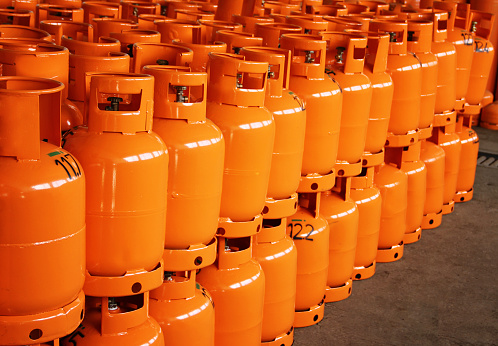First, it is important to take a look at the market overview of the Nigerian oil and gas industry. This brief overview will look at the trends and possible forecasts for the future of the market. The Nigerian oil and gas industry is envisaged to grow at a CAGR of above 2% during the forecast period of 2021-2026. Already the impact of COVID-19 can be felt in every industry like the oil and gas industry. With the economic impact of the pandemic, crude producers are currently grappling with the decline in both price and demand for crude resulting in an oil glut. In an industry circular on the 30th of March, 2020, the DPR (Department of Petroleum Resources) stated that it considers the result of the COVID-19 pandemic a force majeure. The DPR also directed all operators and workers to reduce the number of onsite personnel, this invariably put industry workers in a difficult position. However, there are some major factors driving the industry towards increasing investment in the upstream sectors, possible development of large scale refineries in Nigeria.
Some of such factors include;
- Nigeria’s offshore oil and gas industry continues to grow, although not so fast, opening more industry opportunities. This growth of Nigeria’s offshore exploration and production has been driven by the effort of the country’s government to improve the country’s hydrocarbon industry.
- Lack of infrastructure, uncertainties in regulations, and security concerns have led Nigerian oil and gas to under-utilize its refining capacities, making the country a major importer of petroleum products. However, there is about to be a change in altering refined products’ supply dynamics in this aspect with the help of the new Dangote refinery and is expected to be the country’s refining hub in the coming years. This will invariably attract foreign investors to tap into the country’s oil and gas market in the near future.
- Given the country’s huge gas reserves and the advantage of clean alternative fuel, gas has experienced quite the upstream surge in its domestic consumption in recent years. It can also be seen that the country is gradually discarding oil usage and exploring different ways to replace oil with gas in both power and transportation industries and not just as a fuel for cooking. This shift is mostly supported and triggered by the fact that there is a possibility that oil wells and reserves are most likely to dry in the coming decades. Thus, the oil market is known to be one of the most vulnerable markets where liquified gas has the highest potential of penetrating. Also, in recent times gas production has become a major focus for many oil and gas companies across the country.
Source:
Mordorintelligence.com





